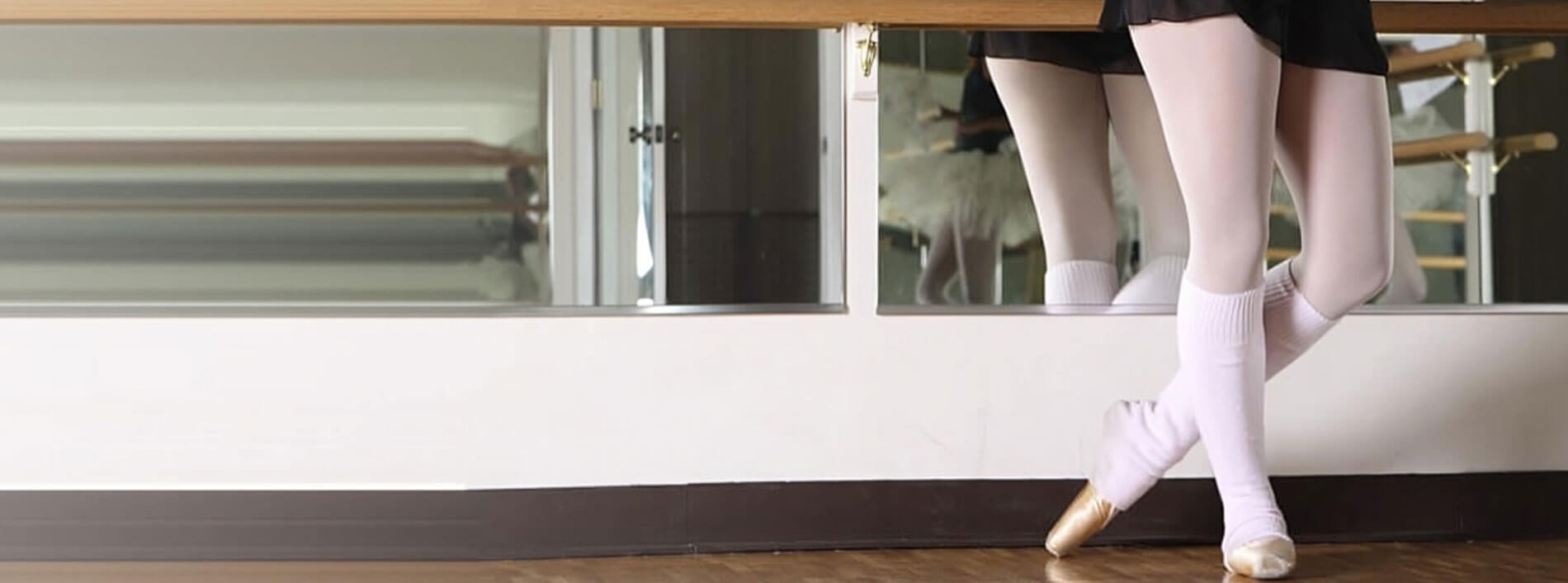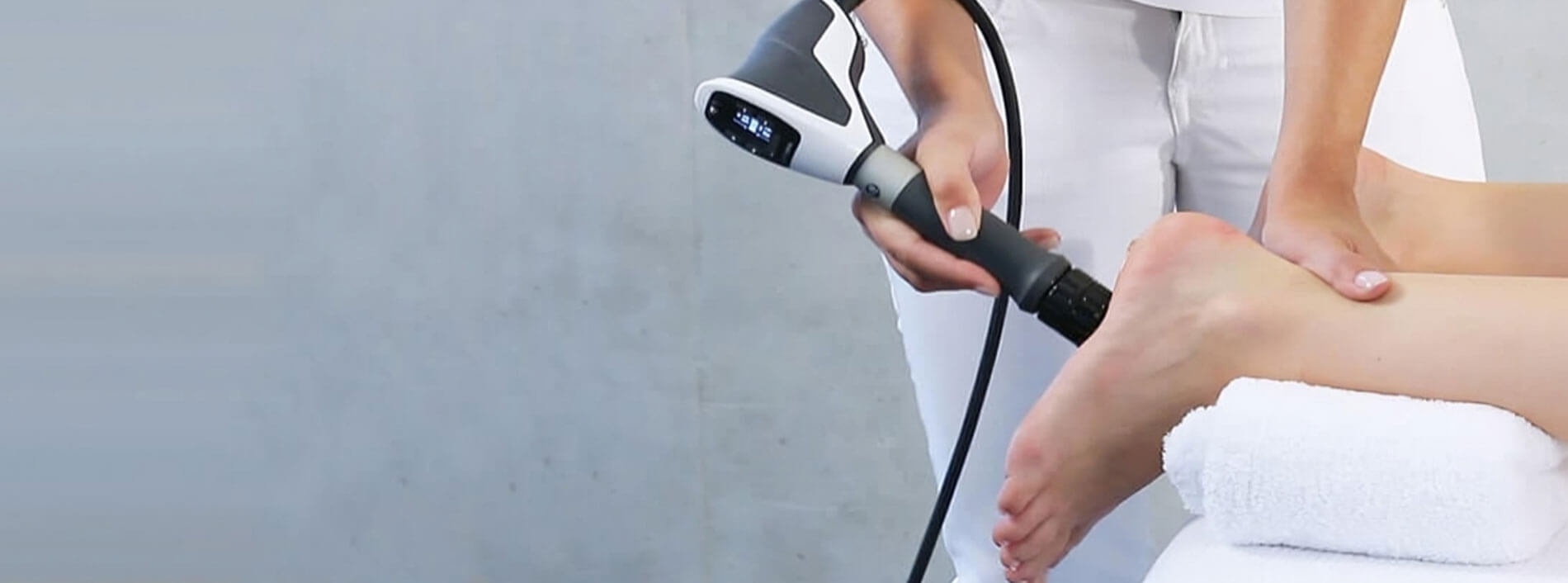


slide-ballet.jpg
slide-university.jpg
shockwave-therapy-curamedix.jpg
WE PROVIDE FOOT CARE FOR THE WHOLE FAMILY
Suffering from foot, ankle or heel pain?
As the official podiatrist for the Boston Ballet, Jordana Szpiro, DPM, FACFAS has the credentials and expertise to treat all your foot and ankle concerns. Located in Boston, MA, our practice, Boston Common Podiatry, has access to various advanced equipment regarding podiatric treatment and procedures, we have on-site x-ray and handicap entrance.
Boston Common Podiatry specializes in heel pain, skin conditions of the foot, sports medicine, general podiatric care, laser wart removal, laser treatment for fungal nails, and we offer custom made orthotics as well! We perform procedures involving surgery, as well as shockwave therapy (EPAT) and Sculptra foot fillers. As a practice, we work with each patient to develop a unique plan that will address all of their problems.
Dr. Szpiro and Dr. Bolla are experts in laser wart removal and the treatment of toenail fungus through the use of laser therapy. Dr. Szpiro has lectured extensively on various topics, most recently at the APMA Annual Scientific Meeting on laser treatment for toenail fungus. Whatever podiatric concern you may be facing, our doctor is sure to be able to help!
We have an employee that speaks fluent Spanish.
To schedule an appointment, call us at (617) 286-5163. We accept a variety of insurance plans and payment with cash, check, or credit card.
Diabetics must be wary of all wounds, regardless of depth or size. Diabetes, a chronic disease in which the body cannot properly use glucose the way it normally would, causes various complications that make wounds difficult to heal. Nerve damage or neuropathy will cause diabetics to have trouble feeling the pain of a blister or cut until the condition has significantly worsened or become infected. A diabetic’s weakened immune system can make even the most minor of wounds easily susceptible to infection. Diabetics are also more prone to developing narrow, clogged arteries, and are therefore more likely to develop wounds.
Wounds should be taken care of immediately after discovery, as even the smallest of wounds can become infected if enough bacteria build up within the wound. To remove dirt, wounds should be first rinsed under running water only. Soap, hydrogen peroxide, or iodine can irritate the injury and should be avoided. To prevent infection, apply antibiotic ointment to the wound and cover it with a bandage. The bandage should be changed daily. The skin around the wound may be cleaned with soap.
To prevent further exacerbation, see a doctor—especially if you have diabetes. Minor skin conditions can become larger problems if not properly inspected. As the wound heals, make sure to avoid applying pressure to the affected area.
